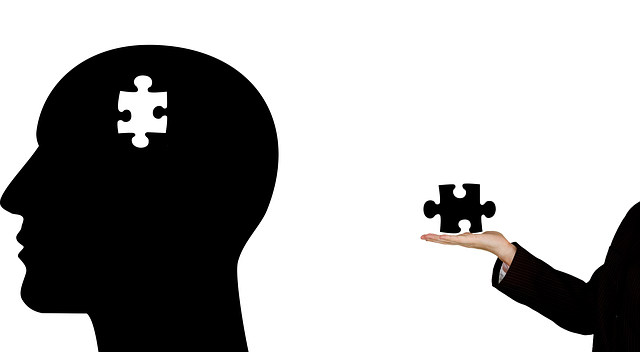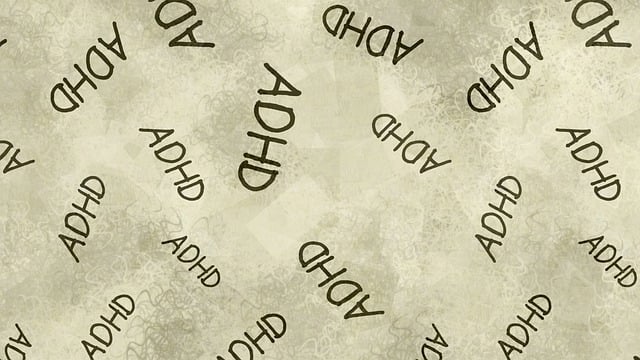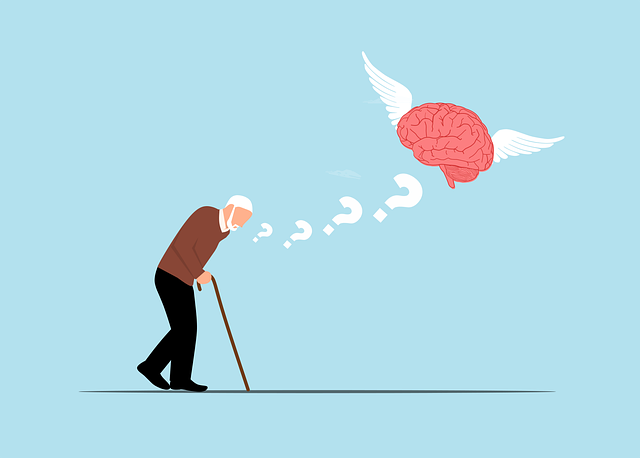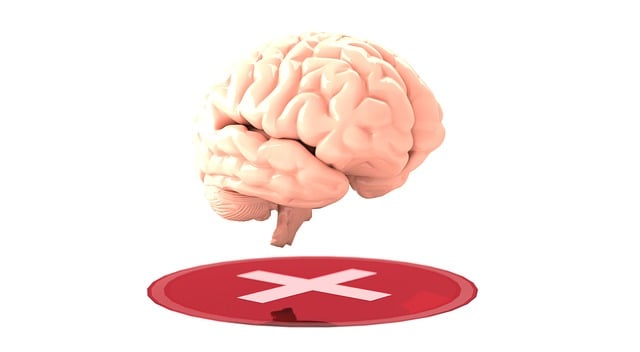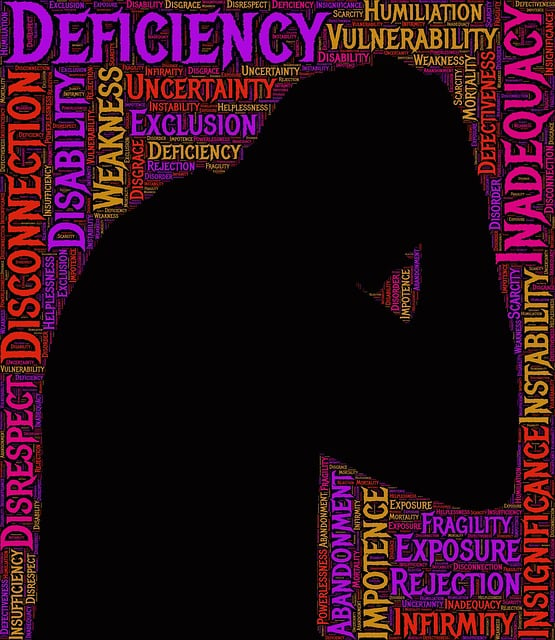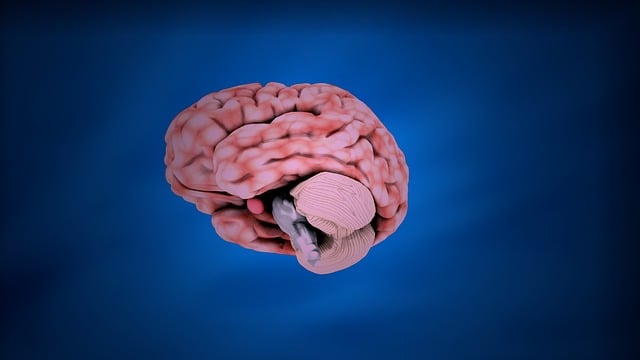Mental illness diagnoses guide personalized recovery paths, with therapy tailored to individual needs. For adults, anger management therapy empowers constructive emotional expression and coping skills, addressing triggers and patterns. Diverse treatment options like CBT and DBT cater to specific conditions, while cultural competency training ensures sensitive, effective mental health care for all adults.
Mental illness diagnoses can be complex, but navigating treatment options doesn’t have to be. This comprehensive guide breaks down the process, offering insights into understanding mental health conditions and finding suitable support. From unraveling the diagnosis process to exploring effective therapy types, such as anger management techniques tailored for adults, we provide practical steps. Whether seeking help for yourself or a loved one, this article equips you with the knowledge to navigate treatment options effectively.
- Understanding Mental Illness Diagnoses: Unraveling the Process
- Anger Management Therapy for Adults: Strategies and Support
- Navigating Treatment Options: A Comprehensive Guide for Adults Seeking Help
Understanding Mental Illness Diagnoses: Unraveling the Process

Understanding Mental Illness Diagnoses: Unraveling the Process
Mental illness diagnoses are a critical first step toward recovery and treatment for adults facing challenges in their mental wellness. The process involves careful evaluation by qualified healthcare professionals, who utilize various methods to assess symptoms, medical history, and overall functioning. This comprehensive approach ensures an accurate diagnosis, which is essential for tailoring effective therapy. For instance, anger management strategies can be a crucial component of treatment plans for individuals dealing with mood disorders or trauma-related issues.
Effective communication strategies between patients and healthcare providers play a vital role in this process. Mental wellness coaching programs designed to enhance self-awareness and coping mechanisms can significantly support individuals navigating their mental illness diagnoses. By participating in these programs, adults can learn valuable techniques for mood management, enabling them to better manage symptoms and improve their overall quality of life.
Anger Management Therapy for Adults: Strategies and Support

Anger Management Therapy for Adults plays a pivotal role in empowering individuals to cope with intense emotions and improve their overall well-being. This type of therapy focuses on helping adults develop effective strategies to manage and channel their anger constructively, rather than react impulsively or aggressively. Through evidence-based techniques, therapists guide clients towards understanding the underlying triggers and patterns of their anger.
The process often involves teaching Mind Over Matter principles, encouraging self-awareness, and promoting healthier coping skills development. By learning stress management techniques, individuals can better navigate challenging situations without resorting to anger explosions. Anger Management Therapy offers a safe space for adults to explore and express their feelings, fostering personal growth and enhanced interpersonal relationships.
Navigating Treatment Options: A Comprehensive Guide for Adults Seeking Help

Navigating treatment options for mental illness can be a daunting task, especially when seeking help as an adult. With various therapeutic approaches available, understanding your choices is essential. Therapy for adults comes in diverse forms, each tailored to address specific needs and preferences. For instance, cognitive-behavioural therapy (CBT) focuses on identifying and changing negative thought patterns and behaviours, making it effective for conditions like anxiety and depression. On the other hand, dialectical behaviour therapy (DBT) combines CBT with mindfulness techniques to help individuals regulate emotions and manage distressing situations, often used in treating borderline personality disorder.
Anger management is a niche area within mental health treatment that utilises strategies to understand and control anger effectively. It involves learning coping mechanisms, emotional regulation skills, and communication techniques to address underlying issues. Many adults benefit from this specific form of therapy, especially those struggling with interpersonal conflicts or experiencing intense anger episodes. Moreover, integrating cultural competency training for healthcare providers is vital, ensuring that treatment options are sensitive to diverse cultural backgrounds and beliefs, enhancing the overall effectiveness of mental health education programs designed for adults.
Mental illness diagnoses and treatment navigation can be complex, but with the right resources, adults seeking help can find their way. By understanding the diagnostic process, exploring tailored therapy options like anger management for adults, and arming themselves with comprehensive guides, individuals can take charge of their mental health journeys. Remember, navigating these steps is crucial for achieving lasting well-being.

